If the source of your credit score is a mystery to you, don't worry. You're not alone! Lots of people aren't sure where your credit score comes from if they have more than one, and what that means. Services like Credit Karma are famous for providing instant credit scores, while credit reporting agencies like Experian hit the news all the time. So who decides on your score? We'll dive into the question of Experian vs Credit Karma as we tell you about where your score comes from. Read on!
What Is A Credit Score?
It's OK if you're not sure what a credit score is. We've talked about improving your credit score before on The Budget Diet, but we'll go over what exactly your score includes right now.
Your Financial Scorecard
Your credit score is a single number that represents how good you are at repaying your debts. Think of it as a financial grade that you get for your behavior as a consumer. If you have a high credit score, that means that you've done a good job of paying off your credit cards and other debts. A low score means that you've missed payments or defaulted on your loans.
How A Score Is Determined
There are three private companies that determine your credit score. These are Experian, Equifax, and Transunion. They're not government organizations, and they're not nonprofits. They work for the banking and loans industry. Whenever you take out a line of credit, whether that's a student loan or a credit card, the person or company opening that line of credit will report to those three agencies. Those agencies keep track of every payment that you make. They also track some other factors, like how many lines of credit you have open, how often you open or close lines of credit, whether any of your accounts are in collections, and how often you inquire about your credit.
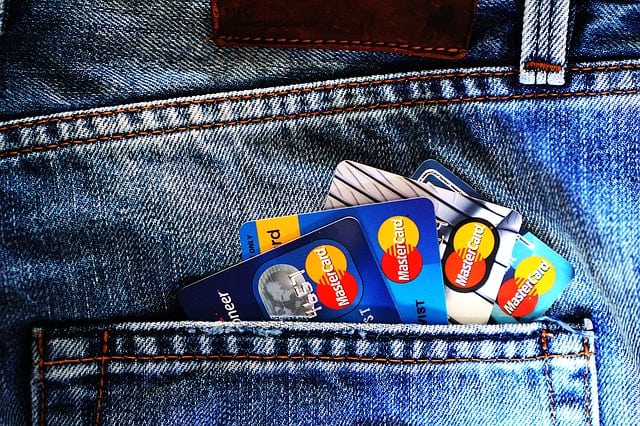
If you pay regularly and avoid opening or closing accounts too often, your score will be high. Each bureau uses slightly different criteria to determine your credit score, so it might be higher at Transunion than Experian, or vice versa. Don't worry too much about that. As long as you pay your accounts on time, your score will generally be high. Credit scores range from 300 to 850.
What A Credit Score Means To You
Having good credit is the first step to opening any new line of credit. But what does “good” look like? If your score falls into a certain range, you'll be a good candidate for a new credit card or a loan. Here's what those ranges look like:
- Exceptional credit: 800+
- Very good credit: 740-799
- Good credit: 670-739
- Fair credit: 580-669
- Very poor credit: 300-579
The largest percentage of people fall into that second “very good” category. If this is you, then you'll be eligible for desirable rates, a high credit limit, and good terms. However, if your credit is very low, you'll have trouble getting loans and consumer credit lines. By extension, you may also have trouble going to school if you need loans and buying a car if you need to finance. That's when it's time to improve your credit score, and maybe reconsider your relationship with your credit cards.
That's not all! Your credit score can factor into lots of things, including whether you get a job or an apartment. That's why it's important to plan your financial decisions carefully and check your credit score before making any big changes in your life. That's where Credit Karma comes in.
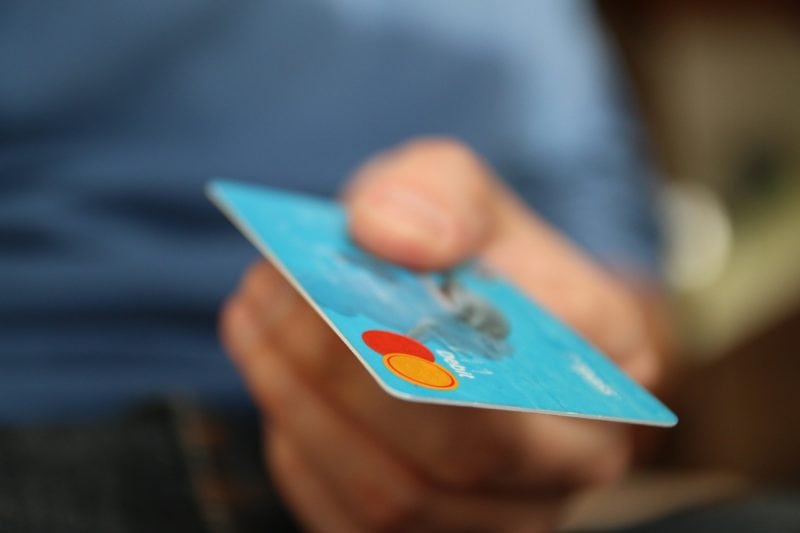
The Difference Between Credit Karma And Experian
We mentioned Experian above as one of the three big credit bureaus. You might have noticed that we didn't discuss Credit Karma. That's because it plays a very different role in your credit life. Credit Karma isn't a credit reporting bureau at all. Instead, it's a credit monitoring agency. While it also deals with credit, it does so in a different way for a different purpose.
Credit Monitoring vs Credit Reporting
Credit Karma is a credit monitoring company. That means that they give oy the power to watch your credit score without having to inquire about it or order a full report every month, which can adversely affect your score. That's very useful if you're trying to repair your credit. There are some other ways to monitor your score too. In fact, some credit cards, such as most Capital One credit cards, will even give you a free credit score via their online interfaces.
Credit Karma gets your score from the credit reporting bureaus Transunion and Equifax. Then it presents this score to you. However, Credit Karma doesn't determine your credit score, as the bureaus do. The bureaus actively watch every payment that you make on your credit cards and loans, whether or not you're aware of it or want them to do so. Credit Karma is optional, a free service that you can access through a free mobile app. It's ad-supported and geared toward giving consumers power over their financial lives. The credit reporting bureaus, on the other hand, exist to serve the lending and banking industry.
Consequences For Ordering Too Many Credit Reports
Checking your credit is easy enough with Credit Karma, or even with Mint or a credit card's credit score monitoring service. You won't experience consequences for watching your score this way. However, your score is just part of your credit life. If you've been the victim of identity theft or are actively trying to improve your credit, then you might need to get a full credit report. This lists all of your open and closed accounts and your month-by-month history of payments. You're entitled to one free credit report from each of the three bureaus every year. However, more than one will cost you a little money. Multiple requests for your credit report can damage your score. This includes the reports that lenders request when you try to open a new line of credit or account. Keep that in mind! You can watch your score for nothing and with no consequences. Getting a full report isn't as easy.
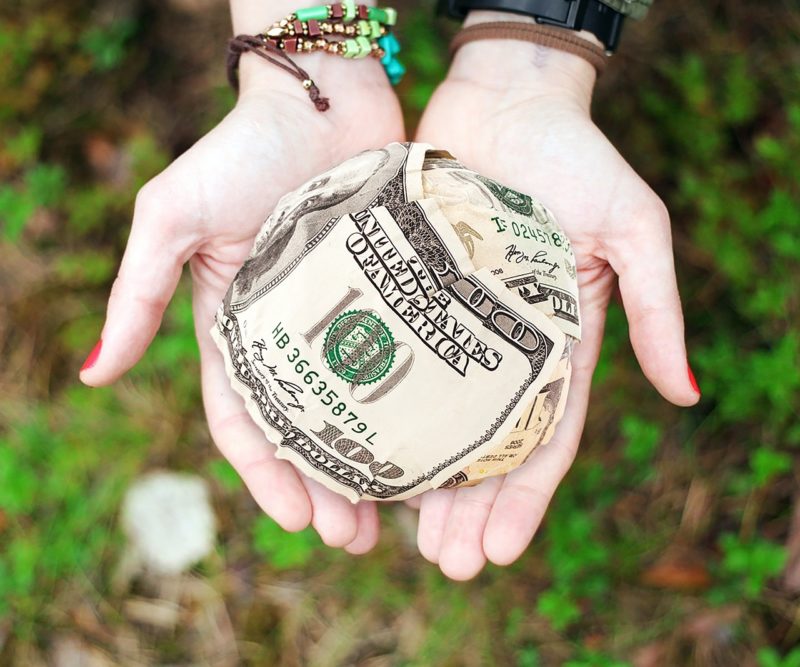
How They Work
Credit Karma and Experian fill different roles. Monitoring credit is as important as having it in the first place, and you don't want to get a credit card account to check your score. Here's how these two companies make money and give you the power to make responsible credit decisions.
Credit Karma
Opening a Credit Karma account is free. So is the app. Considering how much money is involved in the credit and lending industry, this may surprise you, but don't be fooled! Credit Karma makes plenty of money by advertising to its free users. While advertiser disclosure is mandatory on the site, which prevents Credit Karma from shilling scams and bad lenders, you should still exercise caution when you use this service. It makes its money by mediating loans to people through ads. The same goes for credit card offers that you'll see here. Credit card companies love to advertise with Credit Karma because they can target people with good credit and rope them into opening credit accounts that they might not have originally planned upon.
As we mentioned before, Credit Karma is a credit simulator that uses your Equifax credit score and your Transunion credit score to give you an idea of your credit status. Remember, each of the three credit bureaus interprets your credit history a little differently; your Transunion score will always be a little different from your Experian score. Your Credit Karma score is an average of your Transunion and Equifax numbers.
Credit Karma is just for personal finance. Business credit score information is not available through Credit Karma. A business credit score tells banks how good a business is at paying back its loans. If you want to start a business, be careful not to mix your personal and business finances! This is called commingling. Fit Small Business has a great piece about how not to do this.
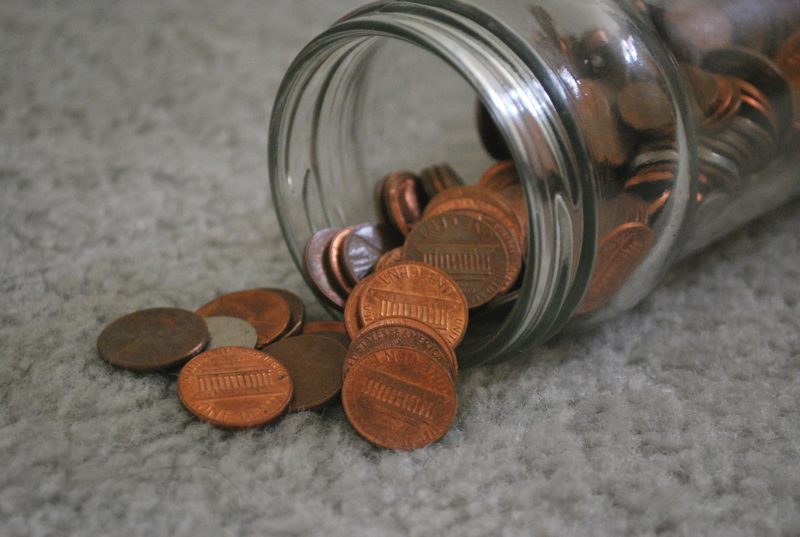
Experian
If you want to access Experian's information about your credit profile, then you can do so by entering your social security number on their website and setting up an online account. Keep in mind that Experian is already keeping information about you, even if you've never opened a line of credit before. An account lets you order reports, freeze your credit, and deal with identity theft.
Experian makes money by charging for its reporting services, and most of the time, it's lenders who pay. If you go to the bank for a loan, they'll get a full credit report from each of the three credit reporting bureaus, including Experian, before they approve you. That's not something that you have to give them – they'll query Experian, Equifax, and Transunion themselves. Generally, they're looking for late payments, which each of these agencies list on credit reports. However, they'll also be interested to know how many lines of credit you've opened recently and what percentage of your credit you generally use each month.
Although each reporting agency calculates your score a little differently, they all get and give basically the same information about you. You'll never have a situation where your Transunion score is 350, and your Equifax score is 795. All lines of credit have to be reported to these agencies.
How to Use Them
So now we know what a credit score is and the difference between a credit monitoring and a credit reporting agency. We know how Credit Karma differs from Experian, but how can that information help us? As a matter of fact, it's critical to your financial health! Read on to find out how to use both of these agencies to protect yourself against fraud and improve your financial life.

Credit Karma
Preventing Identity Theft
Credit Karma doesn't stop bad guys from opening accounts in your name, but it does alert you by phone notifications and by email when a new account appears on your credit report. If you don't recognize that account as one that you've opened, then it's time to make some phone calls!
It's important to emphasize that Credit Karma is a monitoring agency only. They can't stop criminals from stealing your identity or take any steps once identity theft has happened. But if knowing is half the battle, then Credit Karma is still a great service to have on your side. The minute you know that an account has been illegally opened in your name, you can call the lender and inform them of the fraud. You should also call the credit bureaus and inform them that theft has occurred. They'll help you freeze your credit and repair any damage that's been done to your credit reputation. (We'll talk more about freezing your credit in the section on Experian!)
Knowing Your Up-To-Date Score
What Credit Karma provides is an average of two credit bureau scores. Think of it as an auto-score, a monthly update about your status. This can be immensely comforting! If you decide that you want to open a new line of credit, all you'll have to do is check your Credit Karma mobile app. Apartment-hunting, job-hunting, and life, in general, is a little less uncertain if you already know your credit score. While a Credit Karma score may not be exact, it's a great way to know how you're doing in general.
Experian
Preventing Identity Theft
In 2017, Equifax experienced a massive data breach by hackers who made off with tons of social security numbers. By some estimates, half of the people in the U.S. have had their social security numbers compromised. If a criminal has this vital piece of information, then they can open bank accounts in your name, get credit cards and run up debt, and claim your government benefits. One way to stop this from happening is to freeze your credit at all three reporting agencies.
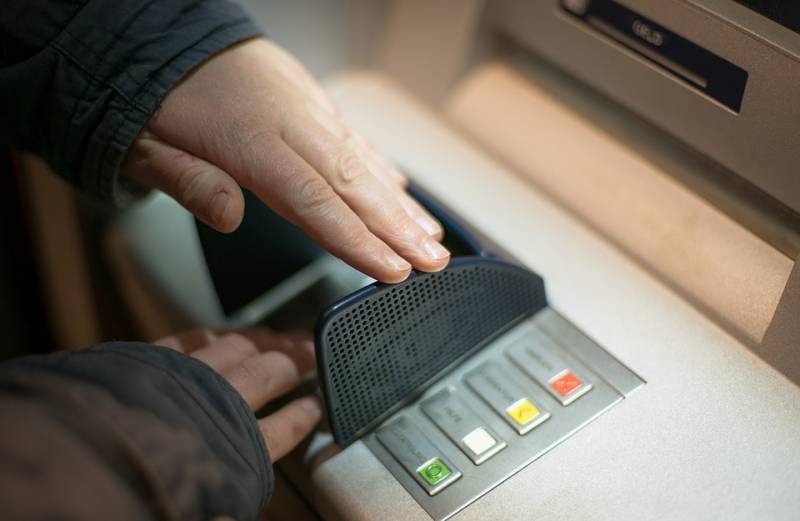
If you freeze your credit, no bank, car company, credit card company, or housing lender will be able to access your credit report. You'll still be able to access your score through Credit Karma and other versions of credit monitoring, but nobody on Earth will be able to get your report. That means that, if someone were to approach a credit card company with your social security number and information, the company wouldn't be able to open an account for them. Your credit freeze would be protected by a unique, secret pin number that only you know. The criminal wouldn't be able to open the account.
Freezing your credit is now free. (It used to cost $5 per freeze.) Everybody should freeze their credit, and we strongly recommend that you do so now. It's easy and fast, but make sure that you keep your pin number in a safe place! That's the only way that future lenders will know that you yourself aren't using your social security number fraudulently.
Credit Repair
If your credit journey has been bumpy, then you're in good company. Lots of people get into hot water, from cardholders who get more invested in winning points than in paying off balances to students who graduate, get work, begin their exciting new lives, and completely forget to make their monthly payments. It happens to a lot of people, and it doesn't mean that you're a bad person, a bad credit user, or a bad candidate for new credit accounts.
Through Experian, you can pull your credit report and see what accounts you already have outstanding. You may be surprised at how many consumer credit cards and store cards you've got cluttering up your credit history! Your report is a bird's eye view of your credit life and the first step to resolving your credit woes. In addition to reminding you of credit lines you've long since forgotten, it can alert you to any fraudsters who have set up shop on your account. Since your report gives you details about each line of credit, you'll know who to call to shut down those illegal credit lines.

Experian and Credit Karma: Empowering Yourself
These two companies are important parts of the same financial ecosystem. If you're smart, you'll definitely have a relationship with Experian and the other two credit reporting bureaus, at least. Since Credit Karma is free and convenient, it's a good idea to register for an account with this service as well. (If you don't like Credit Karma, then the personal finance app Mint, from Intuit, is also a good choice. Check your online credit card account, too, since they may also provide free credit monitoring!)
The difference between Experian vs Credit Karma is the difference between just having a credit score and knowing how your credit score changes every month. Many people who are aware of their credit score don't worry about it, assuming that it'll take care of itself. Don't be one of those folks! Your financial life will be happier and healthier if you take control and maintain awareness of this critical facet of modern life.


